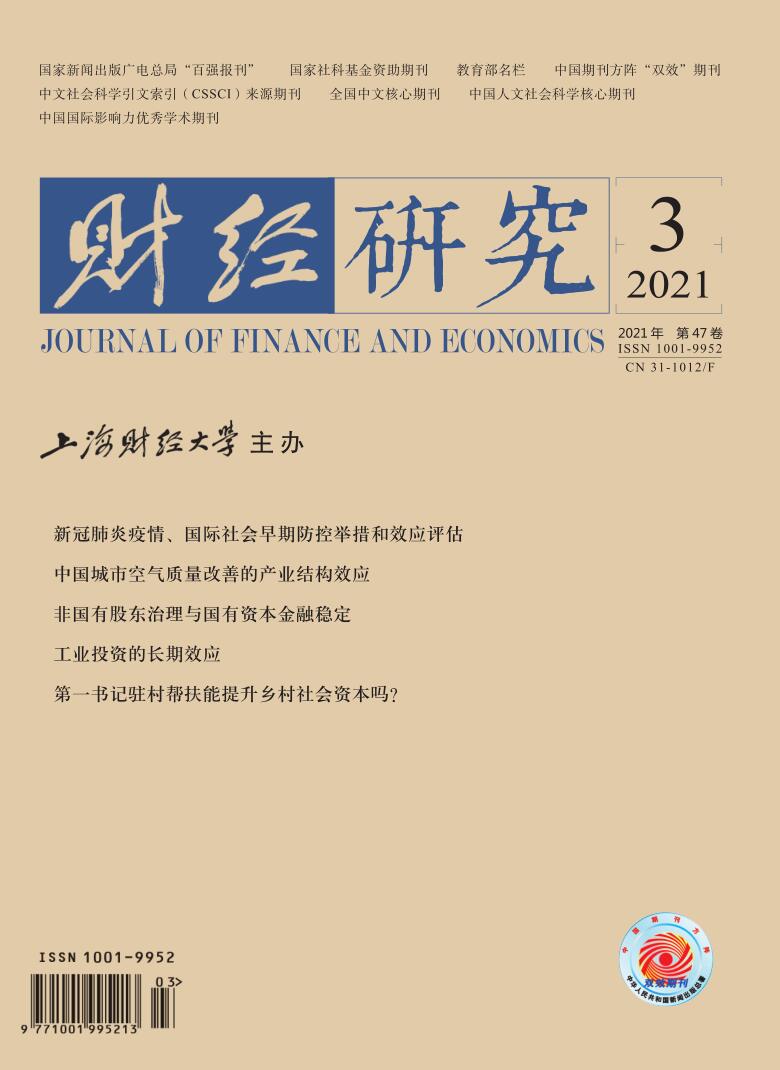Culture, which belongs to informal institution, is traditional beliefs and values that are passed down from generation to generation and maintain stability in ethnic, religious and social groups. Since the Han Dynasty, Confucian culture has always been the main part of Chinese traditional culture. It subtly shapes people’s traditional beliefs and values, and has an important impact on people’s economic decision-making.
Based on the data of China Labor-force Dynamics Survey (CLDS) in 2014 and 2016, this paper investigates the impact of Confucian culture on entrepreneurship by using epidemiological methods. The study finds that: (1) Confucian culture measured by the density of
This paper makes contributions to the existing research in the following aspects: Firstly, based on the perspective of prosperity entrepreneurship, it provides a new theoretical and empirical understanding to clarify the relationship between Confucian culture and China’s economic growth. Secondly, it enriches the research literature of observing and explaining Chinese entrepreneurship from the perspective of traditional culture. Finally, it provides valuable clues and enlightenment for carrying forward the excellent traditional Chinese culture.
The policy implication of this paper is that carrying forward Confucian culture will help to further advance the national strategy of “mass entrepreneurship and innovation” and promote the prosperity and development of Chinese entrepreneurship. At the same time, to carry forward Confucian culture requires dialectical selection and innovation. It should vigorously promote traditional beliefs and values in Confucian culture such as “integrity” and “innovation”, which are beneficial to the prosperity of entrepreneurship, and the content of restraining entrepreneurship in Confucian culture needs to be creatively transformed and annotated, so as to make it better integrated into the value system of the socialist market economy.





 7389
7389  11276
11276

